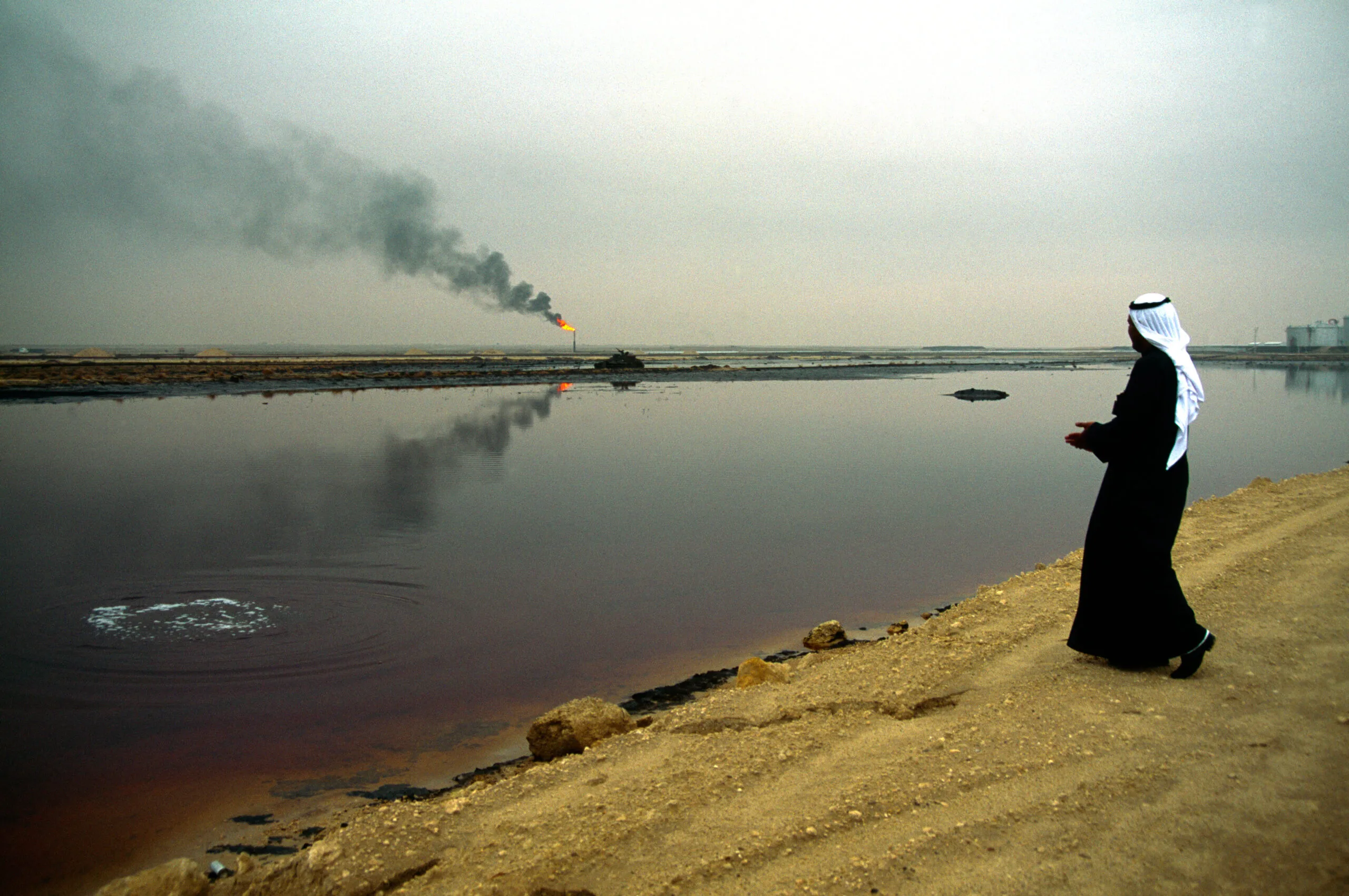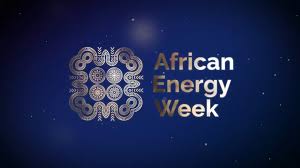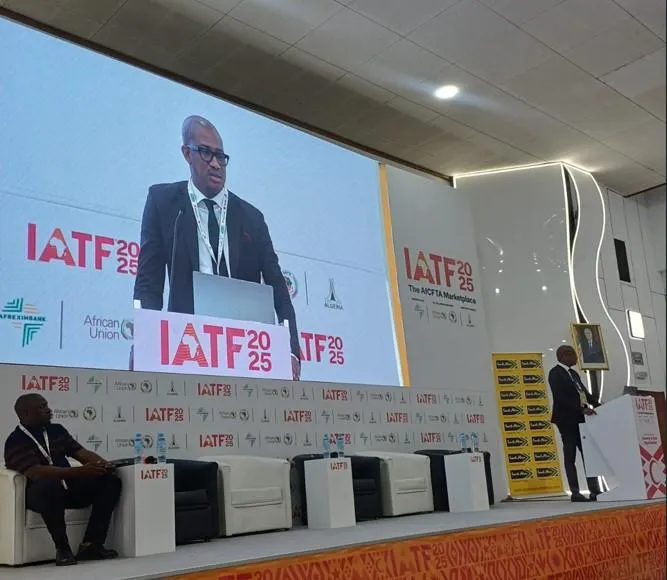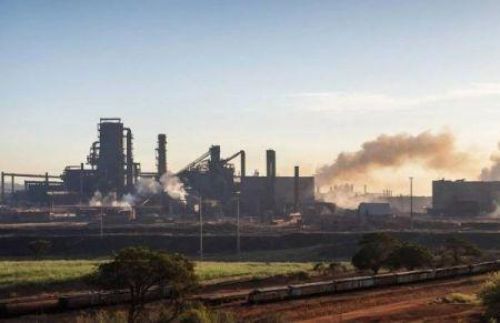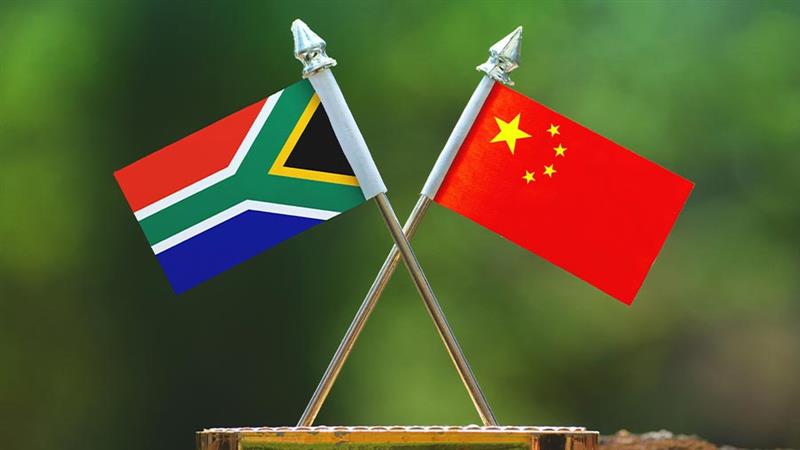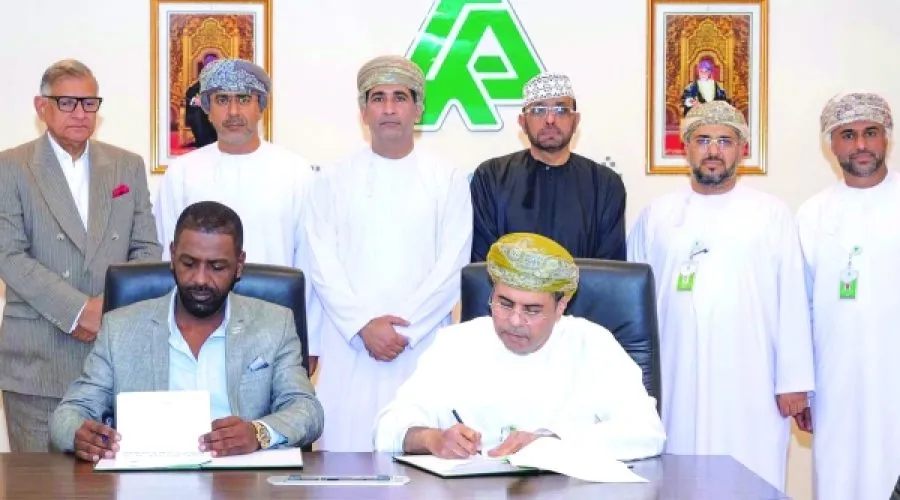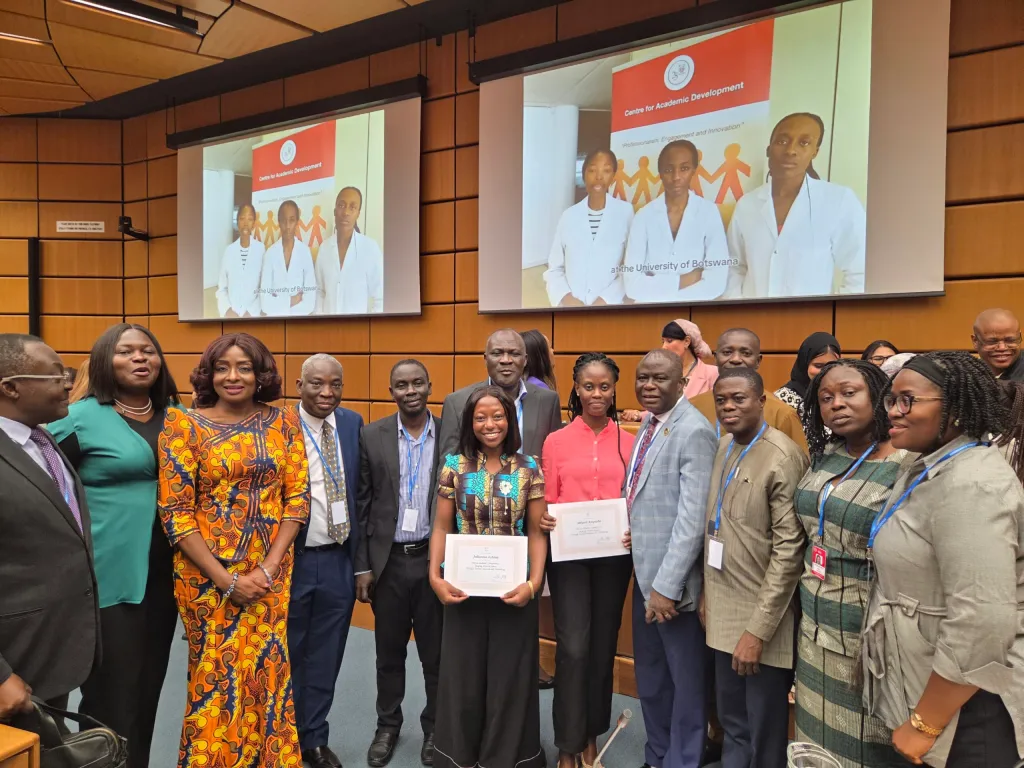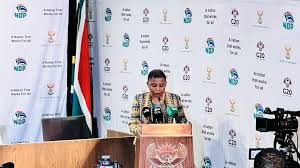Energy Other

IEA urges integrated energy and water management to cut industrial losses

The International Energy Agency (IEA) has highlighted the critical role of industry in tackling global water scarcity, emphasising that more sustainable energy and water use can drive substantial savings and environmental benefits.
Currently, industry is the second-largest consumer of freshwater after agriculture, accounting for nearly 20 percent of global withdrawals, while also representing almost 40 percent of total annual energy consumption. Despite this dual demand, water and energy are often managed separately, missing opportunities for efficiency gains.
According to the IEA, adopting integrated energy and water management can reduce both energy and water losses. Energy-efficient operations decrease water withdrawals, since water is essential for energy extraction, cooling, and fuel transportation. Conversely, minimising water waste lowers energy used in treatment, pumping, and distribution, creating a virtuous cycle of efficiency.
Analysis of the US manufacturing sector shows that nearly half of on-site energy is currently lost, but global uptake of energy management and AI-enabled savings could reduce energy use by 28 percent by 2035. This would translate to roughly 17 billion cubic metres less freshwater withdrawn—the same volume consumed by all municipalities in Sub-Saharan Africa in 2020.
Water inefficiencies are also significant. Around 30 percent of freshwater is lost through leaks and outdated equipment, with some industrial sectors experiencing losses up to 50 percent. These losses drive higher energy costs, particularly in sectors reliant on ultrapure water such as semiconductors, pharmaceuticals, and food and beverage production.
The IEA emphasises that integrated approaches, including energy and water audits, can generate substantial savings and improve operational resilience. Using lower-quality or on-site water, such as treated wastewater or process water, can further reduce freshwater demand and associated energy costs. Water conservation programmes have even been shown to deliver greater energy savings than energy-focused measures alone, with industrial water audits achieving 10–50% water reductions and up to 20% in lower energy and chemical costs.
The report also calls on energy ministries and agencies to foster integrated management policies. This includes incorporating water efficiency into energy audits, benchmarking, and reporting programmes, and promoting joint initiatives between water and energy authorities. International examples include mandatory water reporting for large users in Singapore, the US Better Plants programme, and multi-donor energy and water projects in Central Asia.
By aligning energy and water strategies, industries can reduce operational costs, cut emissions, and support global water security, while governments can enhance policy effectiveness and strengthen industrial resilience against rising energy and water pressures.



